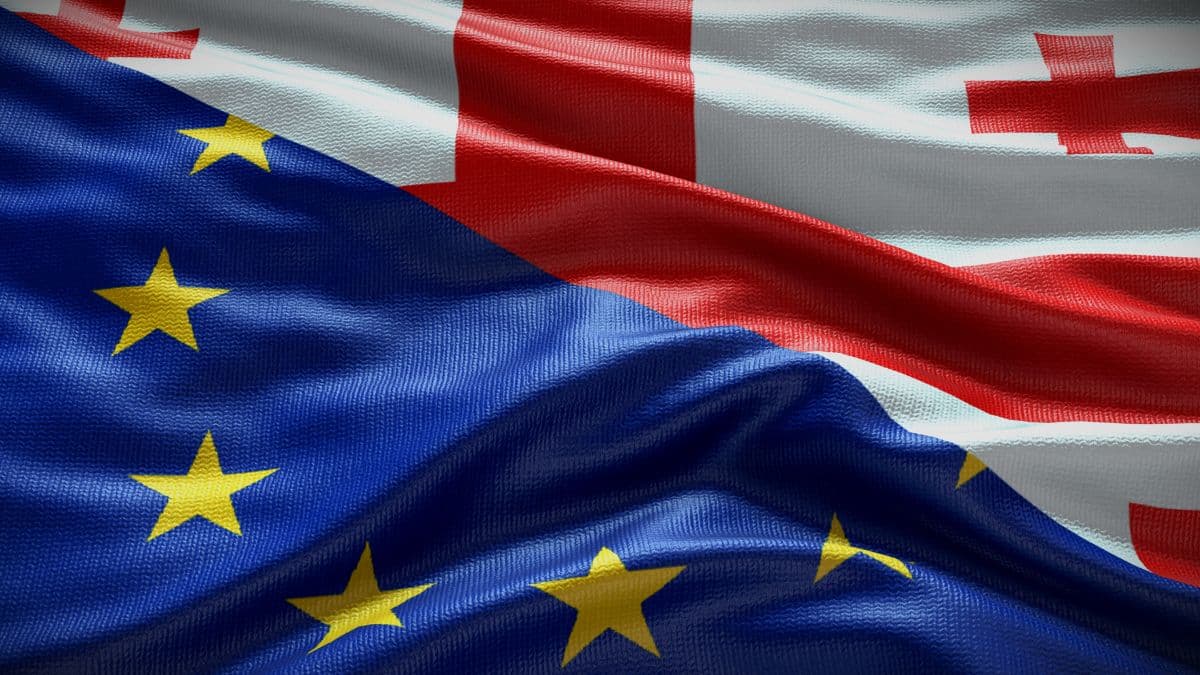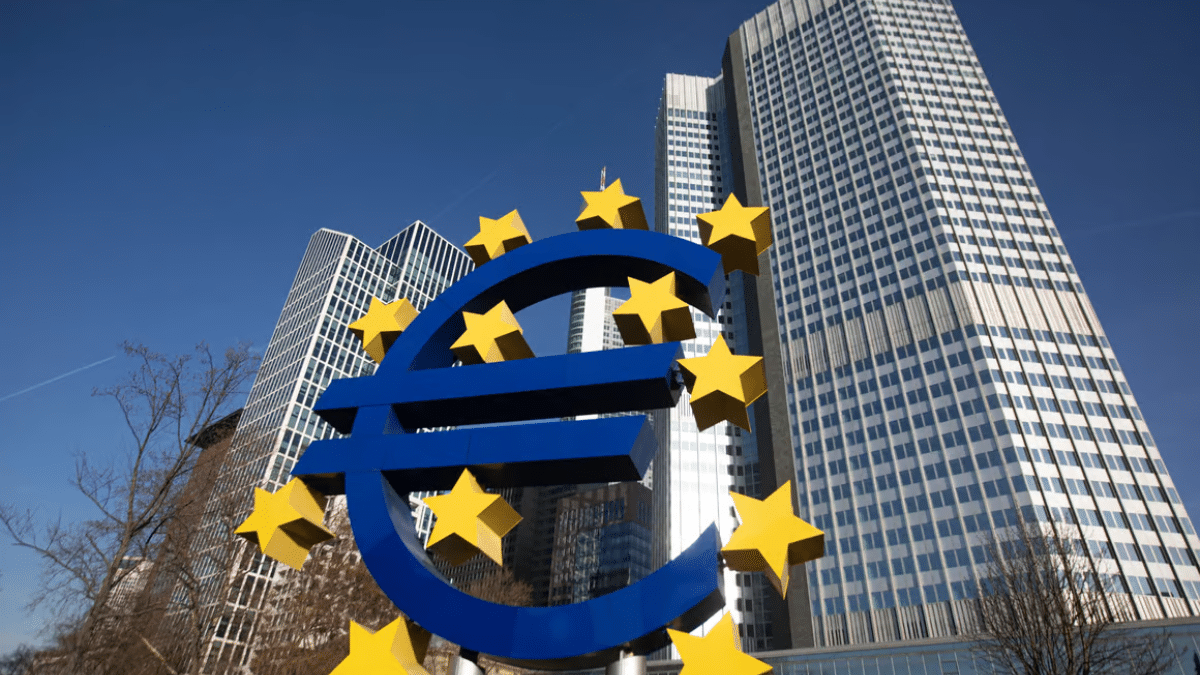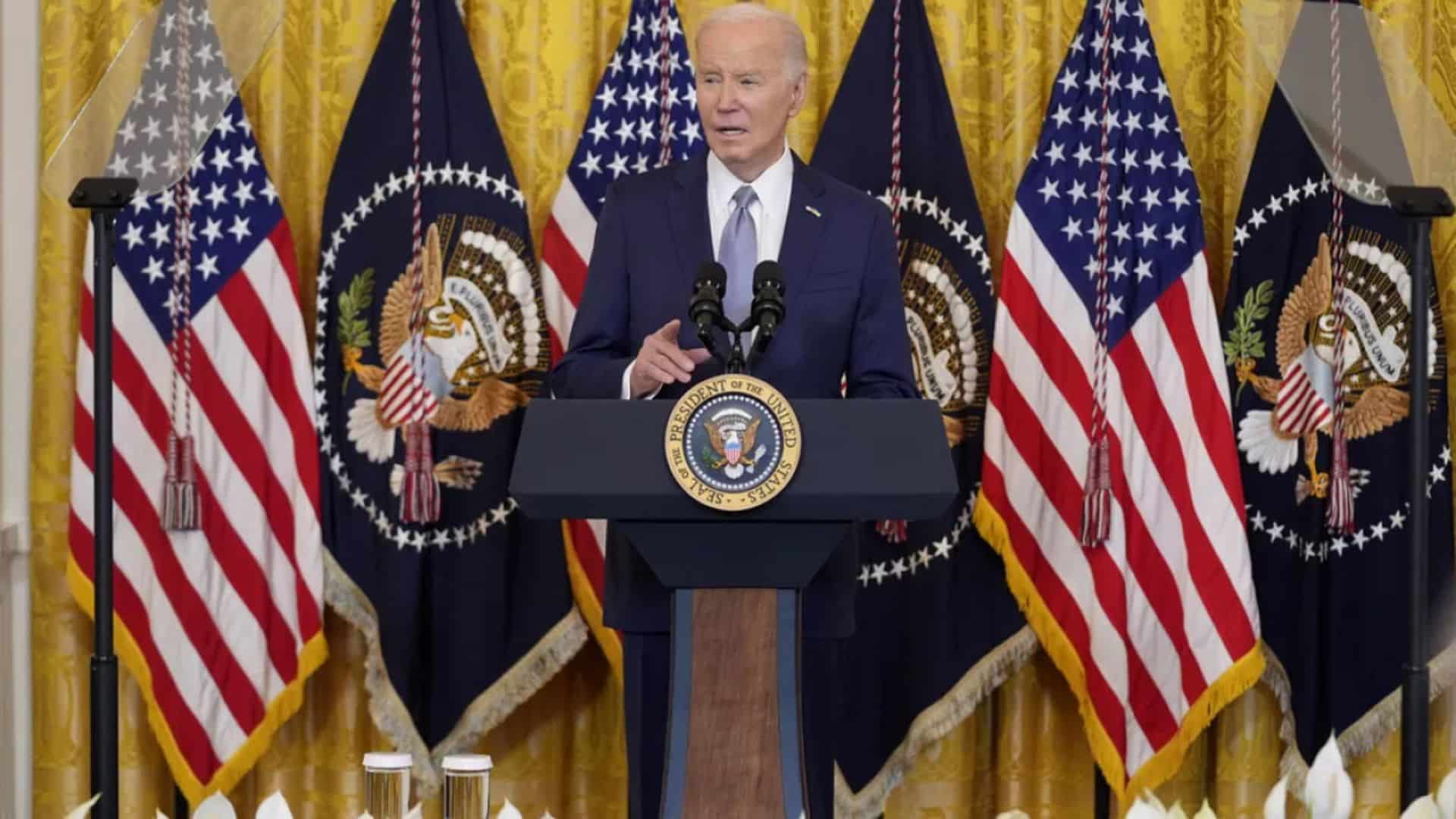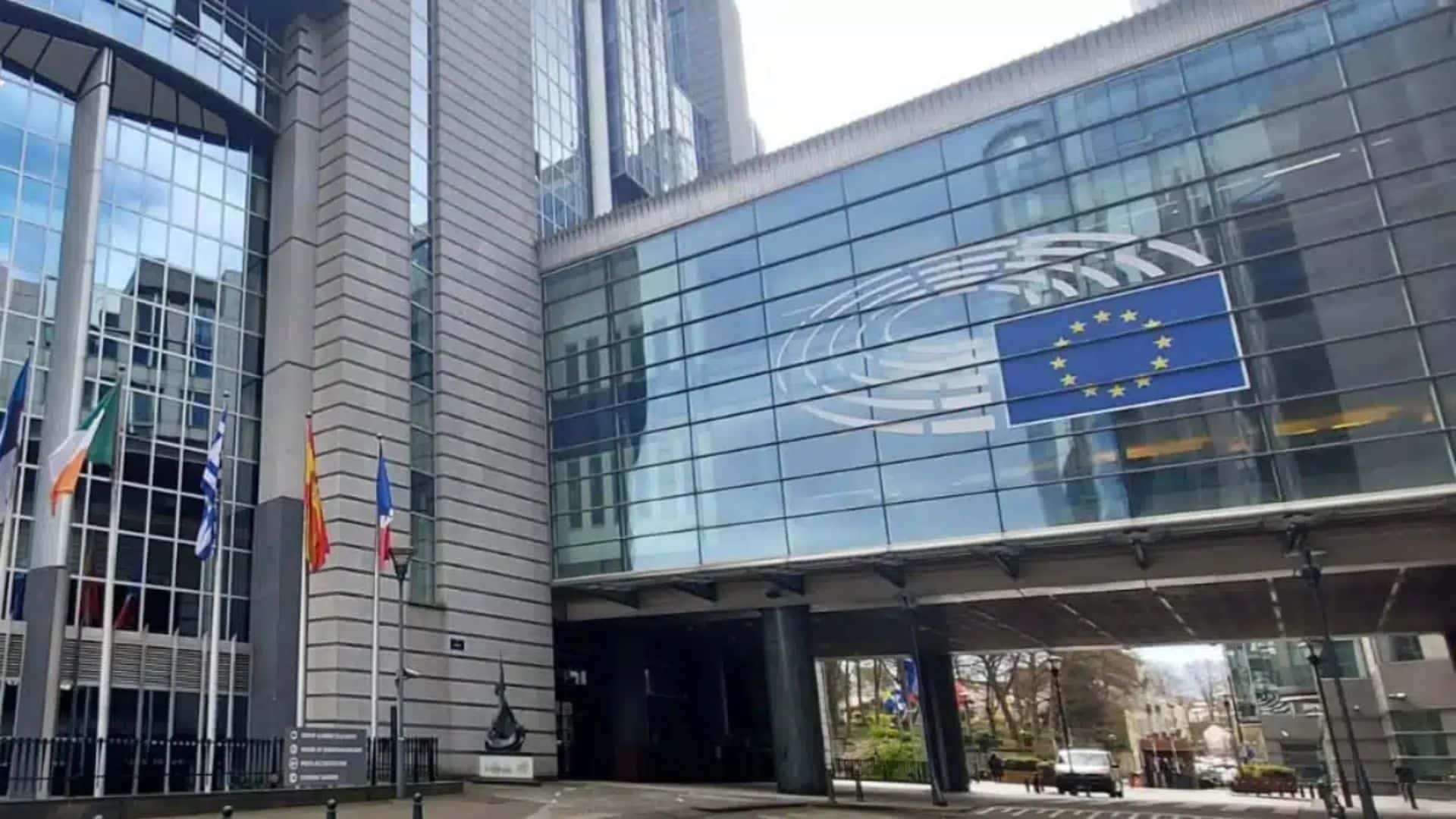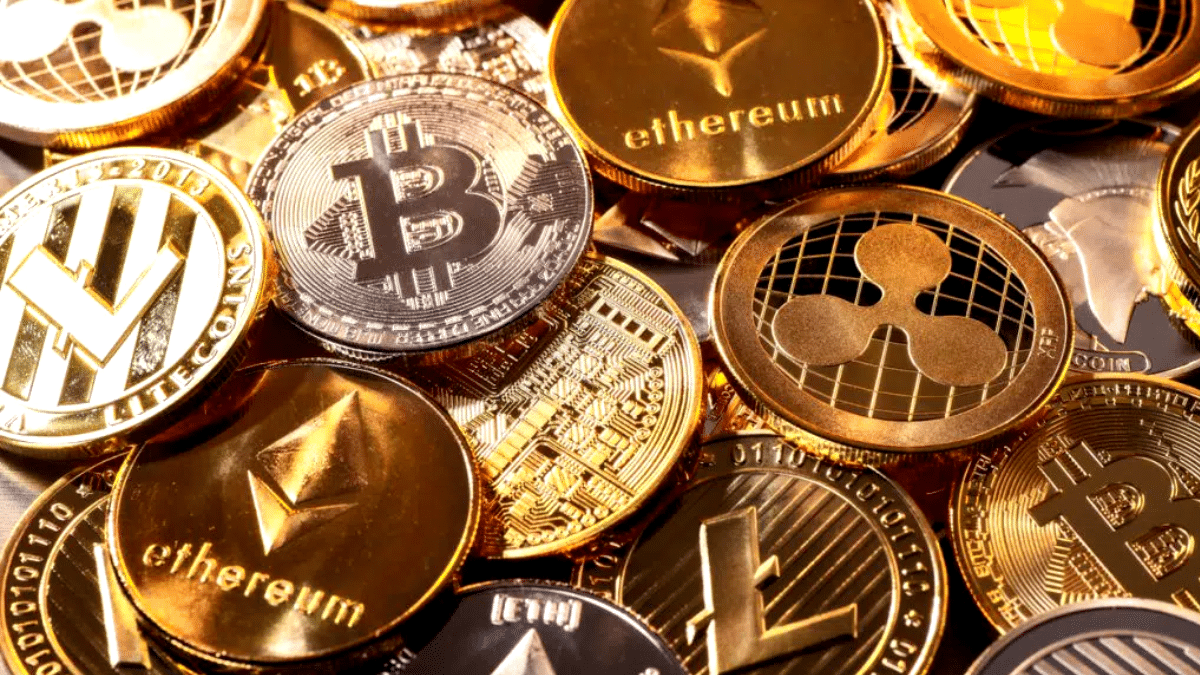
Is the impact of cryptocurrencies on the global financial system similar to that of the advent of the internet?
There is currently no framework in the European Union that regulates cryptoassets such as Bitcoin and provides guarantees and protection similar to those applicable to financial products.
Spain has tried to make a first approximation through the Law on Measures to Prevent and Combat Tax Fraud, as a result of the transposition of a Directive, and outside our borders there are situations as disparate as those of the United States (without regulation), China (which has banned them) or Portugal (whose tax regime favours their use).
Regulators have been warning for some time about the volatility and complexity of this product, but the reality is that it is expanding all over the world and there are already many who are being carried away by the ups and downs of its value.
Could its impact on the global financial system be likened to that produced by the irruption of the Internet around the world?
Miguel Ángel Domínguez, president of the National Blockchain Association, Alastria, is categorical: yes.
In his opinion, “cryptocurrencies are remaking the global financial system, they are setting new rules. They are doing the same thing that the internet did 30 years ago, which remade the way the world worked. Cryptocurrencies are going to remake the way money works”.
Despite this, from a legal point of view, cryptocurrencies are not, for now, considered a means of payment, are not backed by a central bank or other public authorities and are not covered by customer protection mechanisms such as the Deposit Guarantee Fund or the Investor Guarantee Fund, as the Bank of Spain and the National Securities Market Commission (CNMV) have warned.
Both bodies have warned on more than one occasion of the risk of this type of investment due, among other factors, to their extreme volatility, complexity and lack of transparency, which make them a high-risk bet.
It is estimated that there are currently between 7,000 and 10,000 cryptocurrencies on the market with similar characteristics to Bitcoin.
Dominguez explains that “right now there are much better means of payment than Bitcoin. Bitcoin is the equivalent of gold. Nobody pays with gold, but gold has value.
“Which cryptocurrency is going to succeed? No idea, nobody knows, a new technology is being created. The question on everyone’s mind is, would you invest in cryptocurrencies? I don’t invest in anything I don’t understand, if you don’t understand cryptocurrencies, don’t invest.
It is easy to get carried away by the numbers. “If someone tells you that they have won 80,000 euros with cryptocurrencies, it could be true because they are extremely volatile, they go up and down very quickly. What happens with this? You can have 80,000 euros today and tomorrow it will be worth 0. Would you bet your house on heads or tails? No. They are cryptocurrencies, at the moment, it’s a game”.
He adds that, from an investment point of view, “Bitcoin may be, because it is already in a state of maturity and volume that you can consider it an investment, a store of value, but the others are a game, it is speculation, that is, I have bought a chrome that I think may one day be worth a lot of money, but maybe it is not worth anything”.
“People must understand that the CNMV’s recommendations are logical, that what they are saying is that this is extremely risky, it is perfectly possible that if you put in 100 euros, you could lose 100 euros, but there is the possibility of getting 500,000 euros.
CAN BE ELEMENTS THAT WILL ENERGISE AND MODERNISE THE FINANCIAL SYSTEM IN THE COMING YEARS
Precisely in this regard, the CNMV has pointed out that “these are complex instruments, which may not be suitable for small savers, and whose price entails a high speculative component that may even entail the total loss of the investment”.
In addition, the regulator recalls that “there are leveraged derivative products linked to cryptocurrencies that allow indirect investment in them, which further increases their complexity and the possibility of suffering losses greater than the initial investment, so they require a great deal of knowledge and experience”.
Despite this, both the CNMV and the Bank of Spain recognise that cryptoassets, including cryptocurrencies and the technology that supports them, may be elements that can dynamise and modernise the financial system in the coming years, but in order to assess their validity as an investment alternative or their use as a means of payment it is necessary to take into account their risks and their current situation.
WHERE IS THE REGULATION AT?
At the European level, the Regulation on crypto-asset markets (known as MiCA) is under negotiation and aims to create a regulatory framework for this market that supports innovation and harnesses the potential of crypto-assets in a way that preserves financial stability and protects investors.
Also under negotiation is the Digital Operational Resilience Regulation (known as Dora), which aims to create a regulatory framework for all businesses to ensure that they can withstand all types of ICT-related disruptions and threats in order to prevent and mitigate cyber threats.
In Spain, Law 11/2021 of 9 July on measures to prevent and combat tax fraud, transposing Directive (EU) 2016/1164, introduces an obligation to provide information on the balances held by holders of virtual currencies, by those who provide services on behalf of other persons or entities to safeguard private cryptographic keys that enable the holding and use of such currencies, including providers of exchange services for this type of currencies if they also provide the aforementioned holding service.
Likewise, these same persons or entities are required to provide information on transactions involving virtual currencies (acquisition, transmission, exchange, transfer, collection and payment) in which they are involved. The same obligation extends to those who make initial offerings of new virtual currencies.
This regulation, as Xavier López Villaécija, of the Sanahuja Miranda law firm, recently explained to Confilegal, aims to clarify the possible illicit origin of cryptocurrencies and “control both taxation and ensure that their use does not go beyond legal transactions”.
Specifically, the regulation “binds exchange service providers (exchangers) and anyone providing services on behalf of other persons to safeguard private cryptographic keys”.
On the other hand, it “establishes the obligation to report by the taxpayer himself through the 720 model, in the case of being located abroad”.
The limitation of the regulation is that “all obligations relating to service providers only affect persons and entities resident in Spain and permanent establishments in Spanish territory of persons or entities resident abroad”, something that “generates difficulties in tracing the origins, since with cryptocurrencies we are talking about assets that circulate around the world regardless of borders”.
LOSS OR THEFT OF PRIVATE KEYS
As for the identity of cryptocurrencies, it is still an open debate. Are they securities or commodities? Alastria’s president says it depends on each. “Cryptocurrencies, incredible as it may seem, are computer programs that run by themselves. They are an exchange of value that runs by itself”.
Thus, “cryptocurrencies are usually linked to the usefulness of what they execute, the action they execute. Those that are more useful are worth more. If you have a cryptocurrency like Ethereum that allows you to regulate and automate prices, it goes up in price, but there are other cryptocurrencies that are a joke”.
On many occasions, the different actors involved in the issuance, custody and marketing of cryptoassets are not located in Spain or, in some cases, it is not even possible to locate them, so the resolution of any conflict could be costly and fall outside the scope of competence of the Spanish authorities.
In this regard, the CNMV recalls that the distributed registry technology used for the issuance of cryptocurrencies entails specific risks, since their custody is not regulated or supervised.
Thus, the loss or theft of the private keys may result in the loss of the cryptocurrencies, with no possibility of recovering them. Therefore, this risk should be assessed before acquiring these assets, whether the wallet is managed personally or left in the hands of third parties.
“If you have a conflict with cryptocurrencies, who do you turn to? There is no one because it is decentralised, the code is the law,” Dominguez stresses on this issue.
“You have to see the programme that is going to run and decide whether to pay or not to pay and there comes my recommendation, if you don’t understand what you are investing, don’t invest, because with Bitcoin you can’t complain to anyone. It is a machine that is running a programme.”
“The problem with all this is that the conflicts usually come from external agents, there are people who have had their password stolen at gunpoint. What you’re complaining about is not how it works, because whoever has the password is going to get the bitcoins. Whoever has the password gets the money, it’s not debatable,” he adds.
One of the clearest examples of this is the case of Mircea Popescu, a billionaire known for his cryptocurrency fortune, who drowned this summer in Costa Rica. At the time, he reportedly had $2 billion in Bitcoin. After his death and without his password being known, his fortune reportedly disappeared with him.

